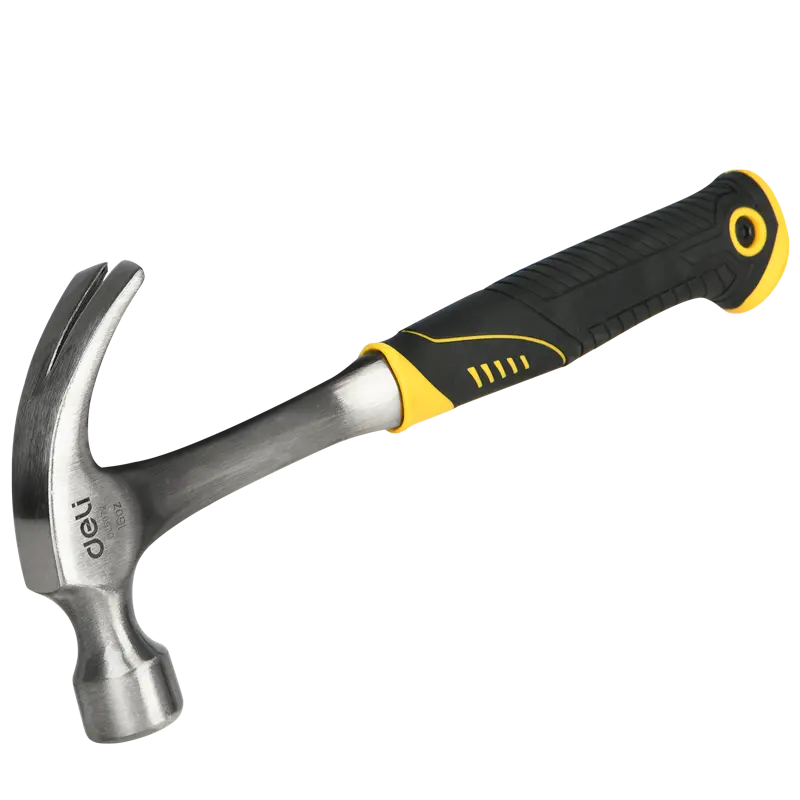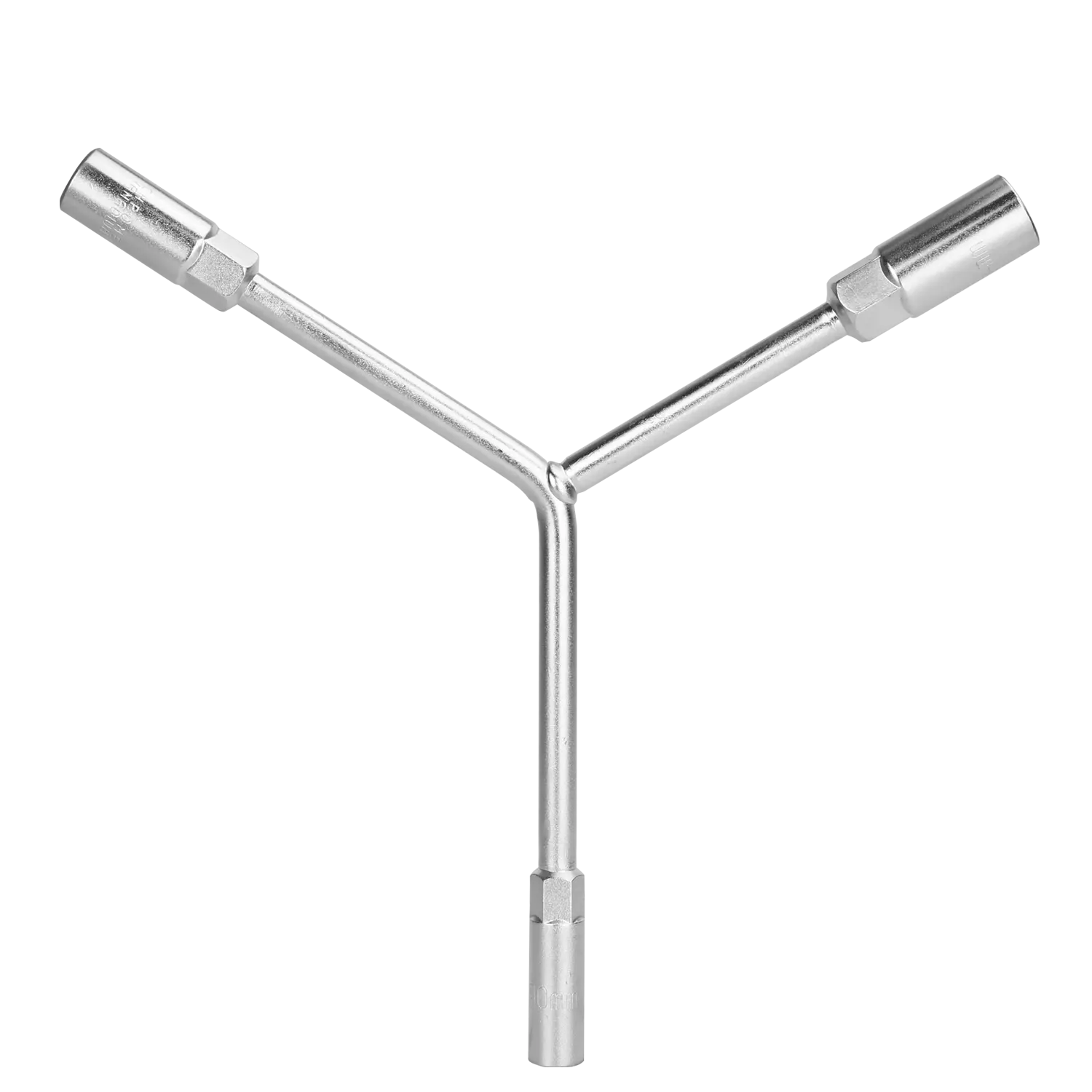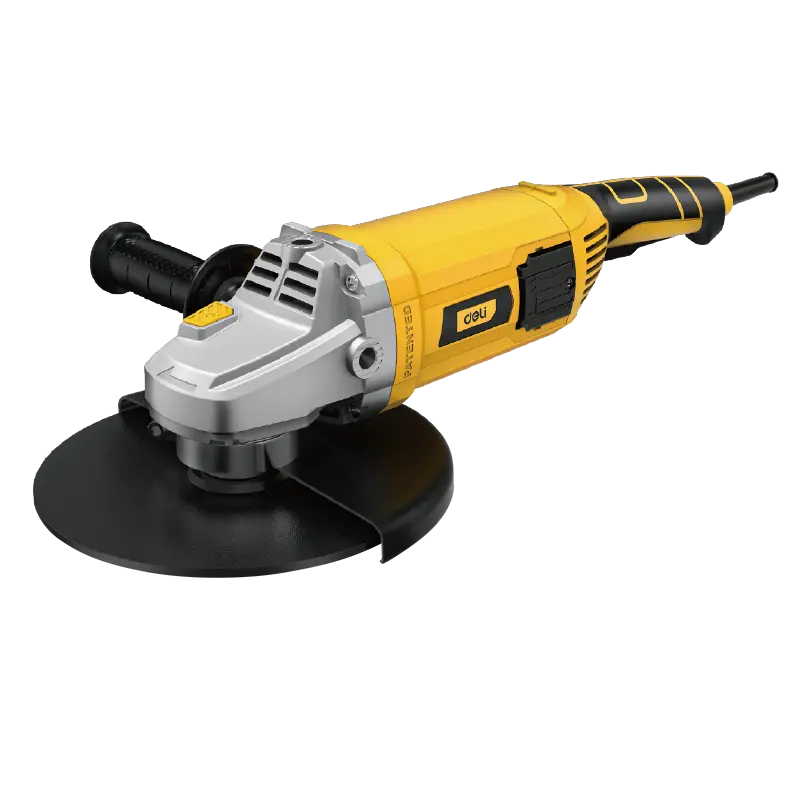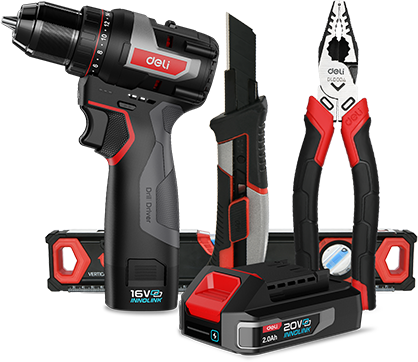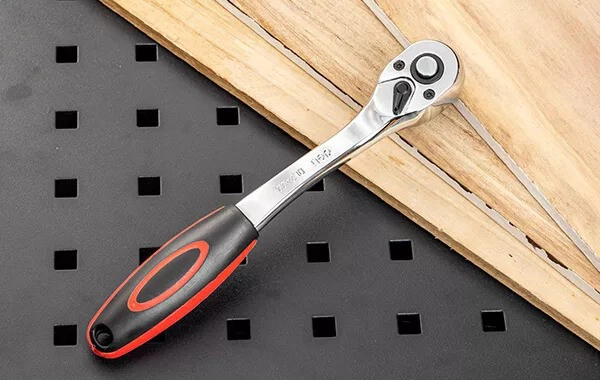When it comes to tightening or loosening nuts, bolts, and pipes, the choice of hand tool plays a pivotal role in ensuring efficiency and precision in the task. Among the myriad of hand tools available, the pipe wrench and adjustable wrench stand out for their specific uses and unique features. This article aims to delineate the differences between these two types of wrenches, helping both DIY enthusiasts and professional handymen make an informed choice.
The Basics of Pipe Wrenches
A pipe wrench, a staple hand tool in plumbing, is primarily designed for gripping and turning pipes. Its robust construction and serrated jaws make it ideal for working on rounded surfaces, especially pipes made of softer metals like copper or aluminum. The design of a pipe wrench from the pipe wrench factory allows it to grip tighter as more pressure is applied, providing a secure hold on slippery surfaces.
However, due to its aggressive teeth, using a pipe wrench on finished or polished surfaces might not be advisable as it could mar the material. Additionally, pipe wrenches come in various sizes, from compact models that can fit in tight spaces to larger versions designed for significant leverage and power.
Exploring Adjustable Wrenches
On the other hand, an adjustable wrench by a professional adjustable wrench supplier offers versatility that makes it a must-have in any hand tool collection. Known for its adjustable jaw, this wrench can be modified to fit a wide range of nut and bolt sizes, making it incredibly useful for various applications. The smooth jaws of an adjustable wrench make it suitable for use on nuts and bolts where preserving the finish is crucial.
Despite its versatility, the adjustable wrench does have limitations, especially when dealing with rounded surfaces or pipes. The lack of teeth means it cannot grip as securely as a pipe wrench can on certain materials. Furthermore, applying excessive force can cause slippage or damage to the bolt head due to the smoother jaws.
Key Differences Between Pipe Wrenches and Adjustable Wrenches
The primary distinction between a pipe wrench and an adjustable wrench lies in their intended use. While a pipe wrench is specifically designed for pipe work, offering a strong grip on rounded surfaces, an adjustable wrench provides flexibility with its adaptable jaw size, catering to a broad spectrum of nuts and bolts. Another notable difference is in their jaw design—pipe wrenches have serrated jaws for gripping pipes securely, whereas adjustable wrenches have smooth jaws to prevent damage to bolt heads or finished surfaces.
Moreover, the suitability of each wrench by the wrench manufacturer varies depending on the task at hand. For plumbing tasks or when working with pipes, a pipe wrench is indispensable. Conversely, for general maintenance or assembly work involving nuts and bolts of different sizes, an adjustable wrench proves to be more practical.
Making the Right Choice
In conclusion, understanding the specific capabilities and limitations of each hand tool is crucial for selecting the right wrench for the job. Whether you opt for a pipe wrench or an adjustable wrench depends on the nature of your task—be it plumbing repairs or general maintenance. By recognizing the differences outlined in this article, users can ensure they employ the appropriate hand tool for their needs, guaranteeing efficiency and preventing damage to the materials they are working with.
Ultimately, both the pipe wrench and adjustable wrench from Deli Tools Global are indispensable tools in a handyperson's arsenal. By familiarizing oneself with their distinct features and applications, one can tackle a wide range of tasks with confidence and precision.


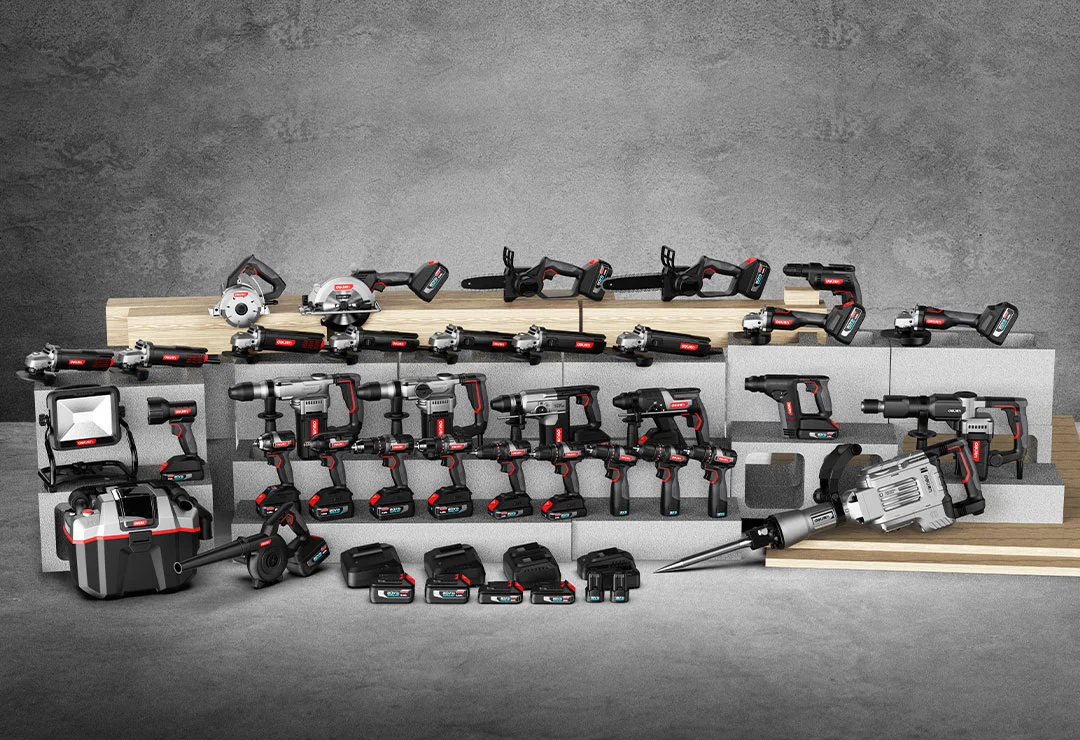
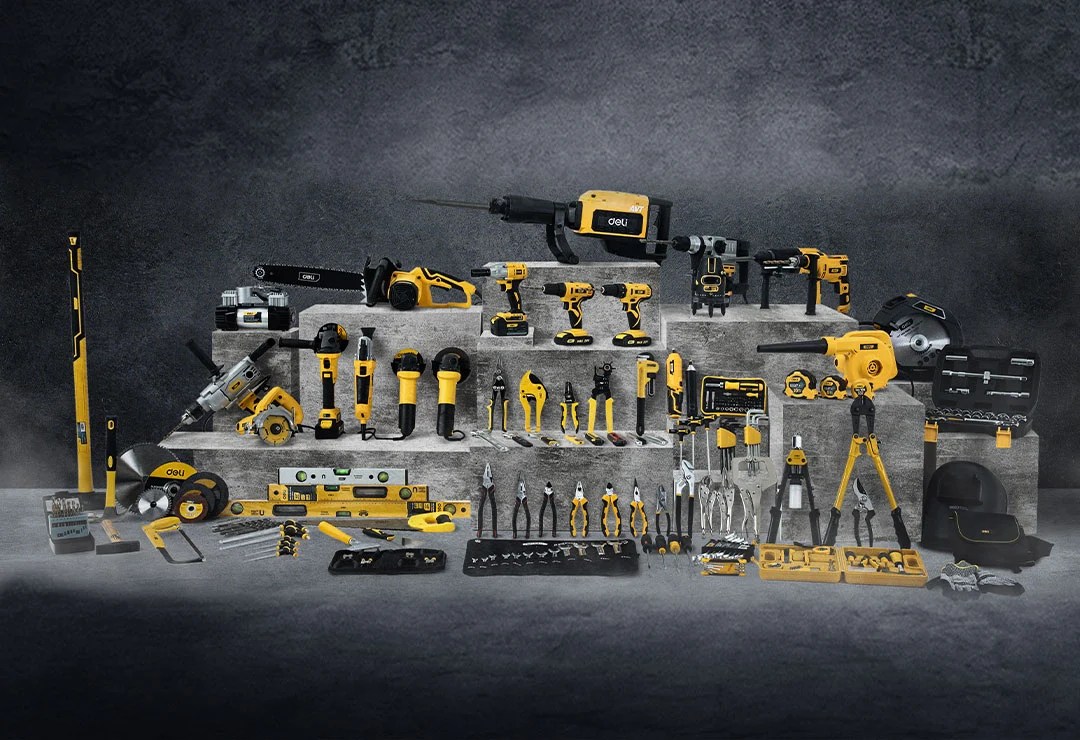
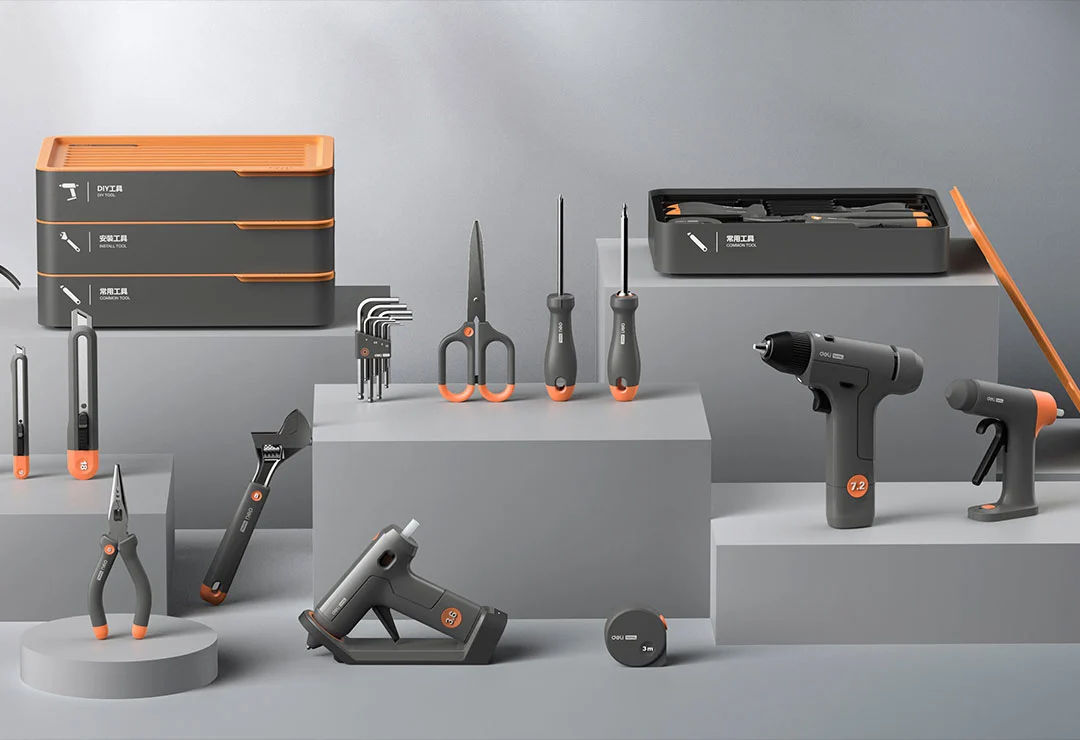
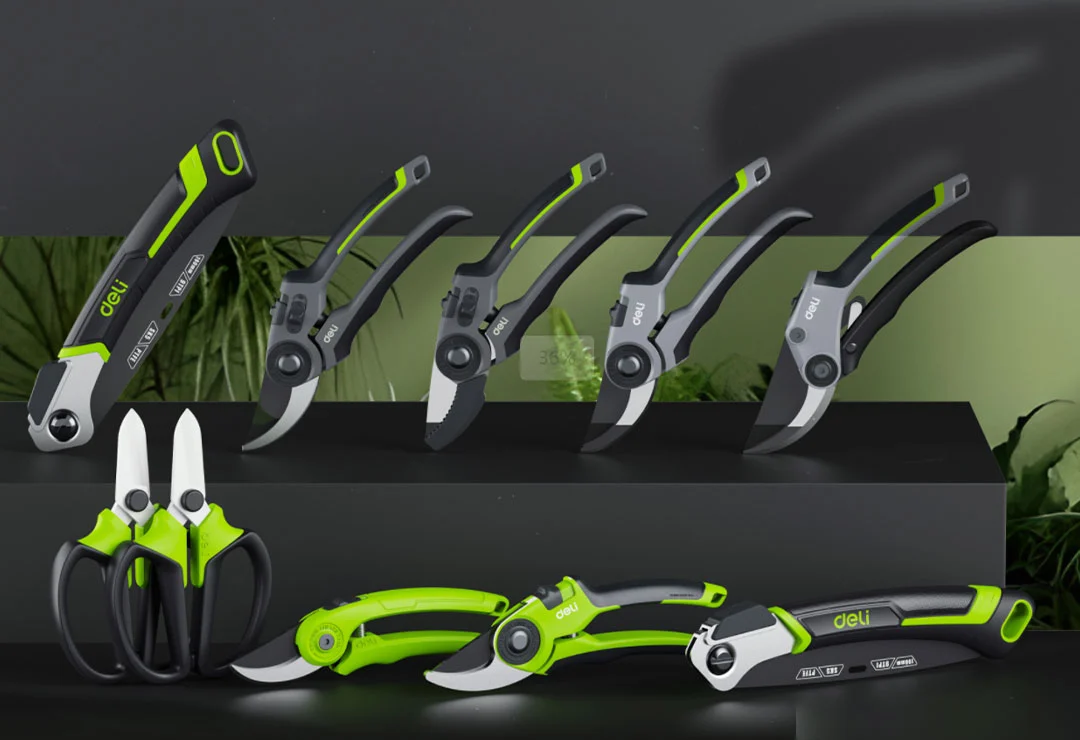
 EN
EN
 jp
jp  ko
ko  fr
fr  de
de  es
es  it
it  ru
ru  pt
pt  ar
ar  vi
vi  th
th  hi
hi  pl
pl  id
id  el
el 